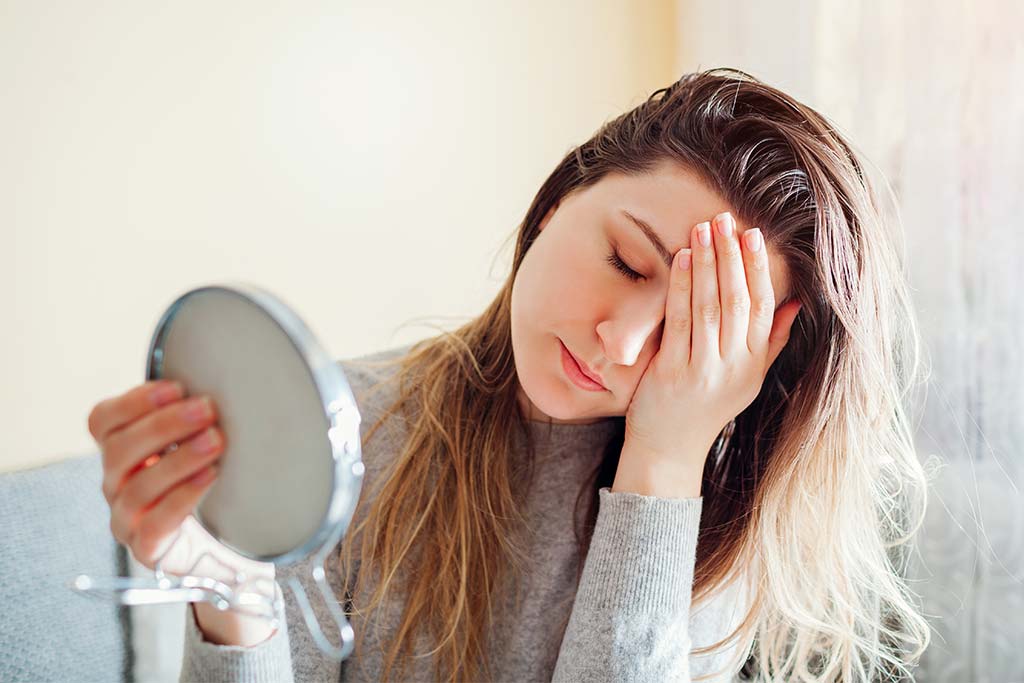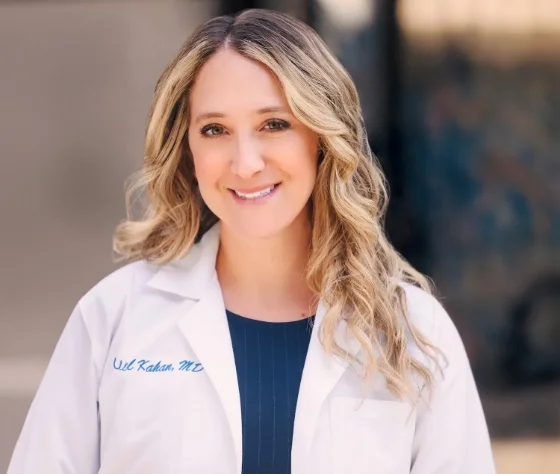How Stress Affects Your Hair State and Growth

In today’s fast-paced world, stress is an inevitable part of our daily lives. From work deadlines to personal challenges, stress can manifest in various ways, one of which is its impact on our hair health. Many women overlook the connection between stress and hair condition, yet understanding this link is crucial for maintaining healthy and vibrant hair. In this blog post, we will do our best to inform our pretty readers and help them acquire the best hair state of their lives.
How Common is Hair Loss, and Why Should Stress Not Be Overlooked?
Hair loss is a global issue affecting millions of women (research shows that around 1/3 of the female population is affected by hair loss at some point in their lives), with genetics and aging being the primary drivers. Stress-induced hair loss, known as telogen effluvium, disrupts the normal hair growth cycle, causing excessive shedding and decreased hair density. The key hormone involved in stress-induced hair loss is cortisol, which can lead to imbalances in hormone regulation, negatively affecting hair follicles’ ability to produce healthy strands.
Chronic stress can also contribute to severe hair loss conditions like alopecia areata, triggering autoimmune responses that attack hair follicles, resulting in sudden and patchy hair loss. Addressing stress is crucial for maintaining healthy hair growth and preventing excessive shedding or thinning. It is essential to recognize the impact of stress on hair health and not overlook its role in contributing to hair loss.
What impact does stress have on hair condition and growth?
Stress has a major negative impact on hair health and growth because it disturbs the delicate hormonal and physiological balance that controls hair growth. Prolonged stress causes more hair follicles to enter the telogen phase earlier than they should, which increases hair loss and shedding. Additionally, it can worsen or trigger autoimmune conditions such as alopecia areata, in which the immune system of the body attacks hair follicles by mistake, resulting in sudden hair loss in specific areas.
Stress-related hair loss can vary greatly from person to person. Some may have clear thinning or shedding, while others may develop more severe forms, such as alopecia areata. Lifestyle choices, general health, and genetics can all have an impact on how stress affects hair health.
Stress and the Hair Connection: Understanding the Link
There are several different ways that stress and hair loss are connected. Stress messes up our bodies’ hormonal balance, which has an impact on the cycle of hair growth. The main stress hormone, cortisol, has the ability to trigger an early resting phase in hair follicles, which increases the amount of hair loss. Furthermore, stress can worsen scalp health by impairing blood flow to the hair follicles, which takes away essential nutrients.
Stop Hair Falling Out Due to Stress: Effective Strategies
If you’re experiencing hair loss due to stress, there are several strategies you can adopt to mitigate its effects and promote hair regrowth:
1. Adopt a healthy diet: A nutrient-rich diet is crucial for healthy hair growth and stress-related hair loss. Incorporate foods rich in vitamins and minerals like biotin, zinc, and vitamin D. Biotin is essential for hair strength and growth, while zinc supports hair follicle health. Vitamin D is essential for hair follicle cycling, and fatty fish and fortified dairy products are good sources of vitamin D.
2. Practice stress reduction techniques: Managing stress is essential for healthy hair. Deep breathing techniques, yoga, and meditation can lower stress hormones and encourage hair growth. These methods reduce stress and increase blood flow to the scalp by calming the mind, enhancing mental health, and triggering the body’s relaxation response. You may successfully manage stress and prolong the health of your hair by implementing these tactics into your everyday routine.
3. Stay active: By increasing blood flow to the scalp, regular exercise improves both general health and hair health. As a result, hair follicles receive more nutrients, which encourages healthy development and reduces hair loss. Every day, try to get in 30 minutes of moderate activity.
4. Consider hair growth supplements: Supplements that promote hair development, such as omega-3 fatty acids and biotin, can help treat hair loss brought on by stress. While omega-3 fatty acids support healthy scalp function and prevent inflammation, biotin promotes the growth and strength of hair. Speak with a medical expert to make sure everything is safe and suitable for your requirements.
PRP Hair Restoration as a Way to Fight Hair Loss
Platelet-rich plasma (PRP) therapy is an innovative treatment option for dealing with hair loss caused by various factors, including stress. PRP involves extracting a small amount of your blood, processing it to isolate the platelet-rich plasma, and then injecting it into the scalp. Platelets contain growth factors that stimulate hair follicle activity, promote hair regrowth, and improve hair density. PRP hair restoration is a safe and effective option for individuals looking to rejuvenate their hair naturally.
Conclusion
In conclusion, stress can significantly affect the health and growth of your hair, resulting in increased shedding and even hair loss. You can implement proactive measures to maintain and improve the youthful appearance of your hair by being aware of the connection between stress and hair health, using stress-reduction techniques, and thinking about cutting-edge procedures like PRP hair restoration. Remember that strong, resilient hair that radiates energy is a result of both physical and mental well-being.






